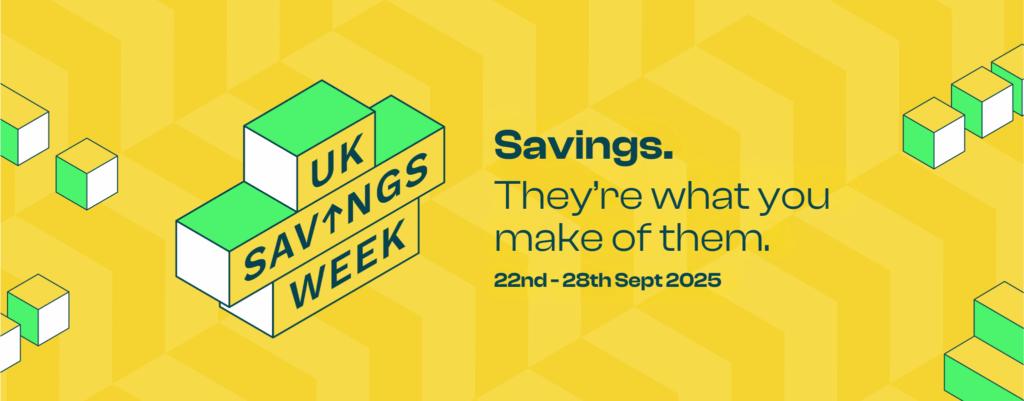How much should I be saving?
There is no ‘correct’ amount of money that you should be saving, it is all dependant on what works for you.
Some people take money out for their savings as soon as they are paid, while others may put away what is left after their spending. A budgeting tool like this Budget Planner from the Money Pensions Service could help you see where you could start saving.
Knowing what the state of your current finances is good, but you should also consider what you want these savings to be used for.
For some, savings are for mitigating the ups and downs of spending down the road. For others, their savings are for a long-term goal like buying a car. You might want to do both of these things – it just depends on what the goal for your savings is.
While some more ambitious savings habits may work for your short-term goals, like cutting back on all non-essential spending, a sustainable long-term spending habit is one that you can sustain over time, even if it is gradual.
How much do I need in emergency savings?
As a rough rule of thumb, about three months of spending is a good amount for emergency savings, as this will help you handle most events. However, even if your savings are smaller than that, any amount of money saved in the back pocket will help give you peace of mind. These are the savings that are to be used for when unexpected payments come up, or to smooth over big bills. To have the best access to them, an instant access savings account would probably be the best place to put your emergency savings.
Should I be saving if I have outstanding debt?
If you have any short-term debt or loans, it would be recommended to pay these off first before you start savings, as the interest charges on loans are usually quite high. If you’re struggling with loan repayments, please see our support section for some organisations that can help.
Is it really worth the hassle to manage my savings?
The Bank of England states that there is around £299bn of savings in accounts where no interest is paid. It is worth looking at the different types of savings accounts for your needs to help grow your savings more quickly. As well as having different savings accounts, different organisations offer different rates. Many savings providers offer a savings review which can help you find the most appropriate account for your savings goals.
Are my savings safe?
Under the Financial Services Compensation Scheme (FSCS), savings up to £85,000 are protected in case a UK regulated bank, building society or credit union goes under. This limit is per institution, not per account. Here is more information on the FSCS website.
Do I have to pay tax on my savings?
Depending on how much you earn via wages or salary you might have to pay tax on the interest earned on your savings. With a Personal Savings Allowance, you could get up to £1,000 in savings interest tax-free. Individual Savings Accounts (ISAs) provide a tax exemption on the interest that is earned, but there is a limit on how much you can add to these accounts each year.
How do I avoid scams with my savings?
Take Five, the national campaign that offers impartial and straight forward advice – offers this advice:
STOP: Taking a moment to stop and think before parting with your money or information could keep you safe.
CHALLENGE: Could it be fake? It’s ok to reject, refuse or ignore any requests. Only criminals will try to rush or panic you.
PROTECT: Contact your savings provider immediately if you think you’ve fallen for a scam and report it to Action Fraud.
There’s more information on the Take Five website.
I used to have a savings account but where can I find it?
If you recall having a savings account but don’t remember where, www.mylostaccount.org.uk allows you to help track your accounts down for free.
What is jam-jar budgeting
Jam-jar budgeting is a way of controlling your spending by splitting your money into different places for different expenses. This can be a good way to keep track of where your money is going and understand where your spending is coming from. Even if this isn’t literal jam jars but different bank accounts, it all helps in keeping control of your finances.
What about shares, property and other investments?
Once you have accrued savings, you might want to look at investing your money into things like shares or property. Investing in any form can help give you larger returns that simply savings, although there is the risk of your investments losing value. If you’d like to know more about whether investment is right for you, have a look at the Financial Conduct Authority’s Investsmart website.

